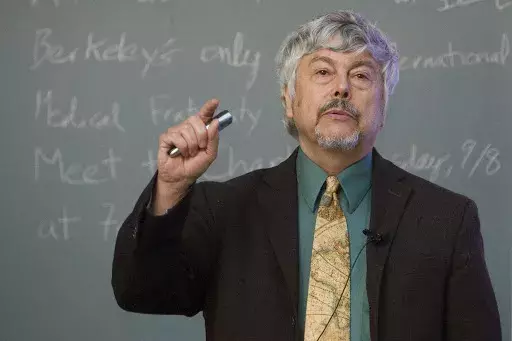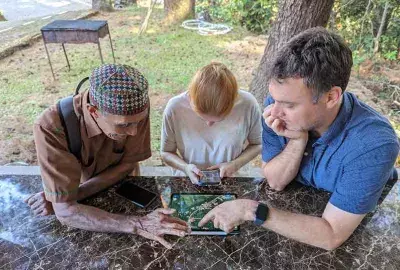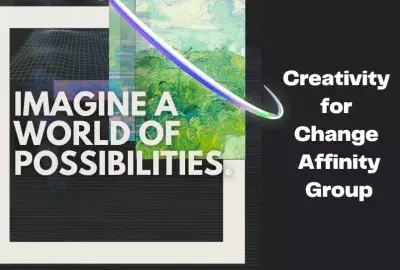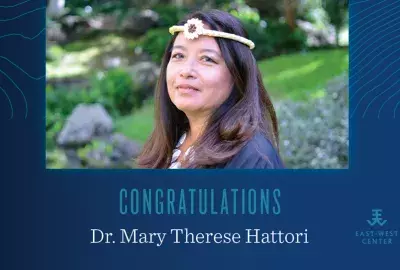Error message

OFFICE/DEPARTMENT
HONOLULU (June 18, 2020) -- The East-West Center community has been saddened to learn of the recent death of distinguished environmental health researcher Kirk R. Smith, who passed away on June 15 following a stroke. (Read obituaries in The Daily Californian and Times of India.)
Dr. Smith first came to EWC as a young scientist in 1978 to lead the Center’s Energy Program. While examining nuclear energy risks, his research focus shifted on a 1981 trip to India, where he observed a great deal of smoke coming from cook stoves in rural Indian villages and assumed they must have health effects. Since he could find no research on the topic, he began his own project with Indian colleagues and found that most Indian women and children were being exposed to harmful pollutants by inhaling the toxic smoke of traditional wood-burning stoves.
He devoted much of his later career to rural pollution and its health impacts. “Kirk Smith was the preeminent intellectual leader of our field,” says Radha Muthiah, former CEO of the Clean Cooking Alliance. “His pioneering research showed that use of biomass burning cook stoves was dangerous to the health of hundreds of millions of women and children. Later, when others were trying to design more efficiently burning biomass cook stoves, he demonstrated that the toxic effects could only be significantly reduced by switching to cleaner fuels.”
Smith and his colleagues are credited with saving millions from premature death through the switch to less toxic and more efficient cook stoves, which is still in progress. “Kirk exemplified the very best in EWC research,” recalls former EWC President Charles Morrison. “His work was interdisciplinary, it was collaborative with scientists in India and all over the world, and it had significant and positive real-world impacts, especially for those most in need. His legacy will be forever.”
In 1995, Smith left Hawai‘i to return to his home town and complete his career at UC Berkeley, where he was a professor of global health, although he continued to be an EWC research fellow for close to two more decades. During those years he participated in the UN’s Intergovernmental Panel on Climate Change, which shared in the 2007 Nobel Peace Prize. In 2012, he was awarded the prestigious Tyler Prize for Environmental Achievement for his work with cook stoves, health, and climate change.
Toward the end of his career, he also served as Director of the Collaborative Clean Air Policy Centre in New Delhi, where he spent a semester each year. His work came full circle as an advisor to the Indian government and NGO community as India launched its highly successful Give It Up campaign that encouraged 10 million middle class Indians to forego their subsidies for liquid petroleum gas so that the savings could be shifted toward the poor. Smith’s friends at the East-West Center and around the world remember him as a dedicated humanitarian, a devoted husband and father, and an engaging colleague, mentor, and teacher with a wry sense of humor. He will be missed by all.
HONOLULU (June 18, 2020) -- The East-West Center community has been saddened to learn of the recent death of distinguished environmental health researcher Kirk R. Smith, who passed away on June 15 following a stroke. (Read obituaries in The Daily Californian and Times of India.)
Dr. Smith first came to EWC as a young scientist in 1978 to lead the Center’s Energy Program. While examining nuclear energy risks, his research focus shifted on a 1981 trip to India, where he observed a great deal of smoke coming from cook stoves in rural Indian villages and assumed they must have health effects. Since he could find no research on the topic, he began his own project with Indian colleagues and found that most Indian women and children were being exposed to harmful pollutants by inhaling the toxic smoke of traditional wood-burning stoves.
He devoted much of his later career to rural pollution and its health impacts. “Kirk Smith was the preeminent intellectual leader of our field,” says Radha Muthiah, former CEO of the Clean Cooking Alliance. “His pioneering research showed that use of biomass burning cook stoves was dangerous to the health of hundreds of millions of women and children. Later, when others were trying to design more efficiently burning biomass cook stoves, he demonstrated that the toxic effects could only be significantly reduced by switching to cleaner fuels.”
Smith and his colleagues are credited with saving millions from premature death through the switch to less toxic and more efficient cook stoves, which is still in progress. “Kirk exemplified the very best in EWC research,” recalls former EWC President Charles Morrison. “His work was interdisciplinary, it was collaborative with scientists in India and all over the world, and it had significant and positive real-world impacts, especially for those most in need. His legacy will be forever.”
In 1995, Smith left Hawai‘i to return to his home town and complete his career at UC Berkeley, where he was a professor of global health, although he continued to be an EWC research fellow for close to two more decades. During those years he participated in the UN’s Intergovernmental Panel on Climate Change, which shared in the 2007 Nobel Peace Prize. In 2012, he was awarded the prestigious Tyler Prize for Environmental Achievement for his work with cook stoves, health, and climate change.
Toward the end of his career, he also served as Director of the Collaborative Clean Air Policy Centre in New Delhi, where he spent a semester each year. His work came full circle as an advisor to the Indian government and NGO community as India launched its highly successful Give It Up campaign that encouraged 10 million middle class Indians to forego their subsidies for liquid petroleum gas so that the savings could be shifted toward the poor. Smith’s friends at the East-West Center and around the world remember him as a dedicated humanitarian, a devoted husband and father, and an engaging colleague, mentor, and teacher with a wry sense of humor. He will be missed by all.







